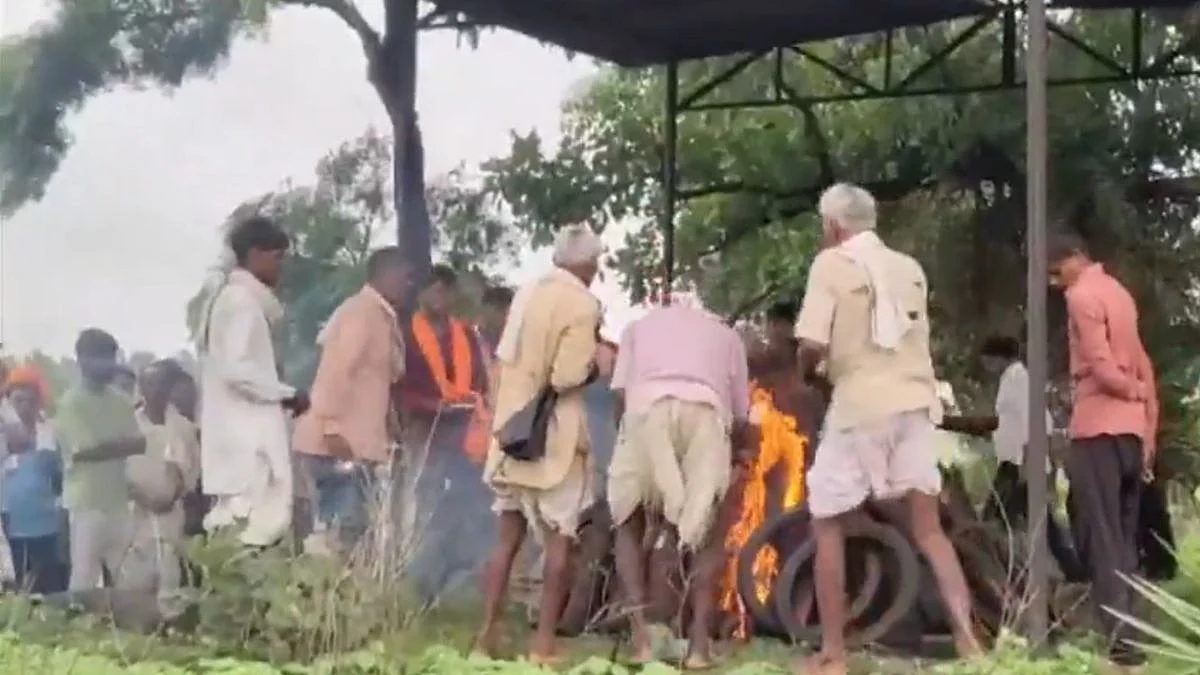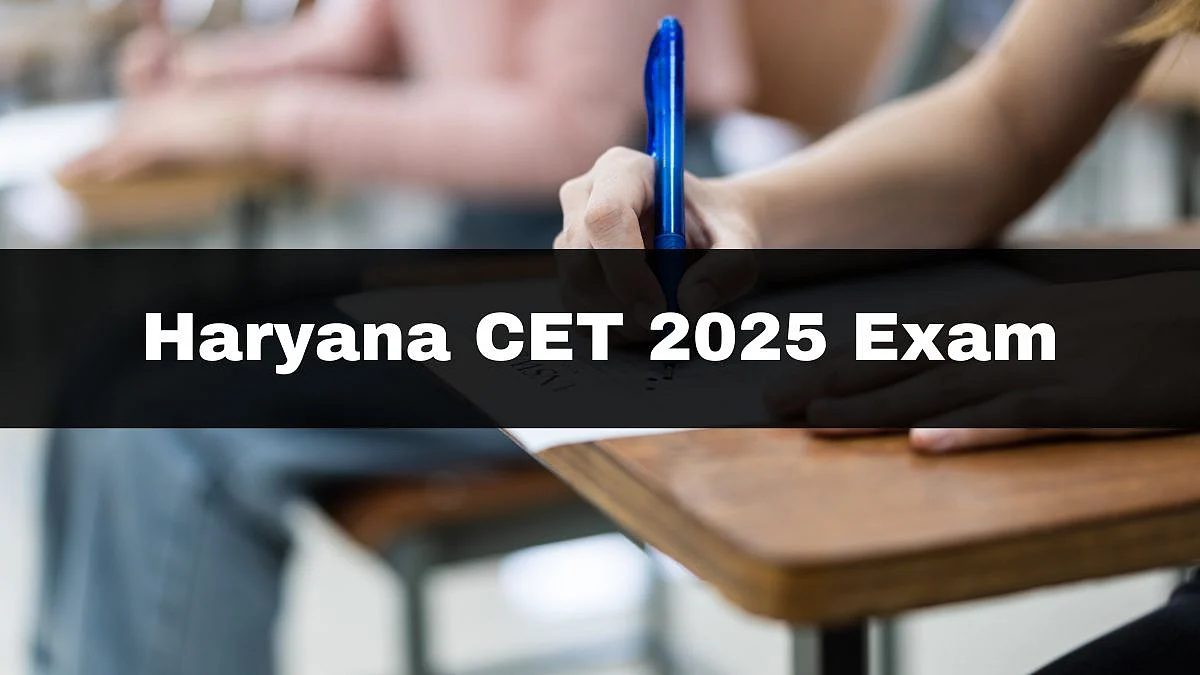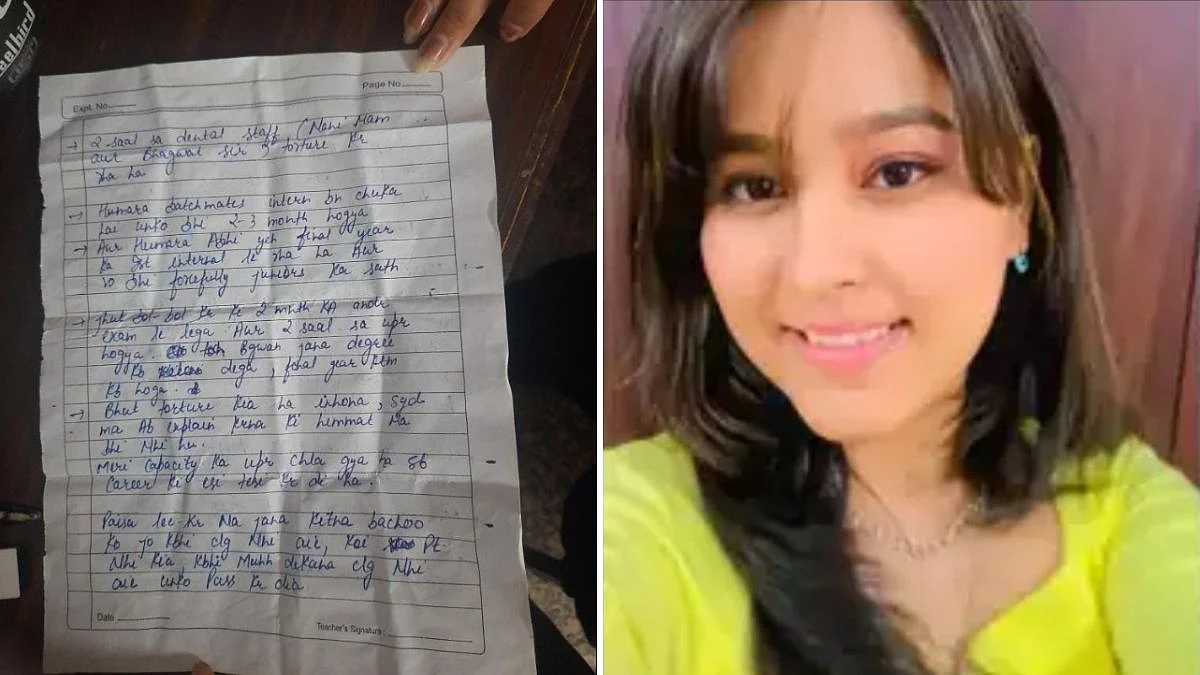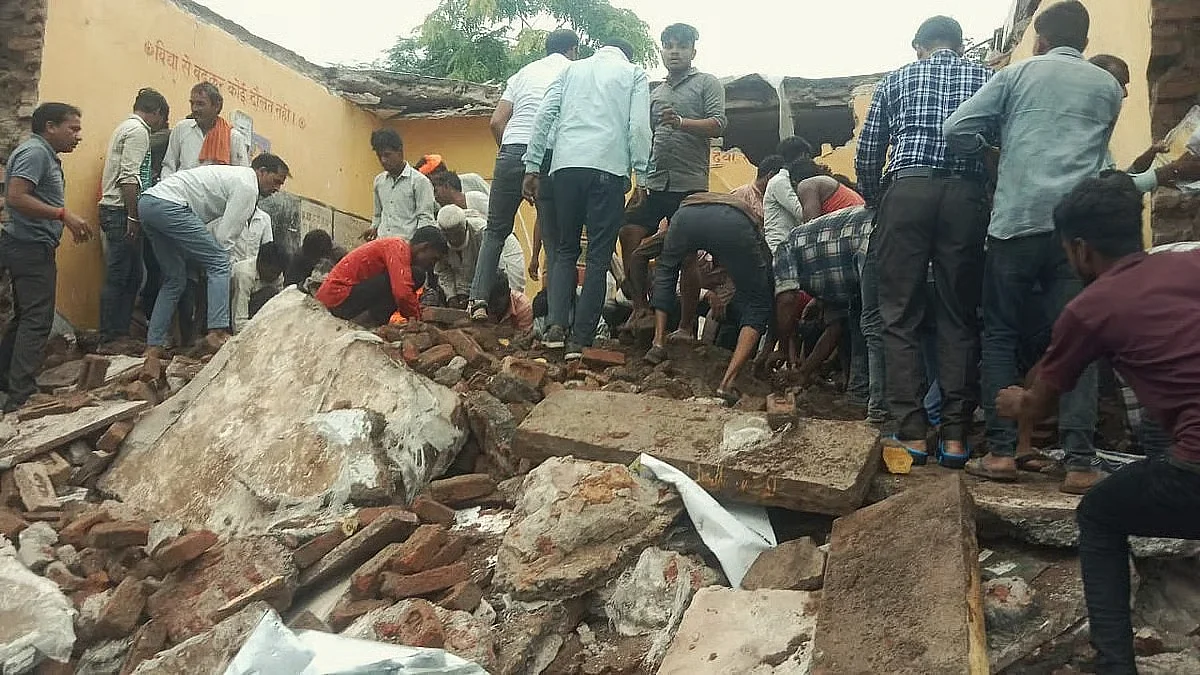Mumbai: A recent study by researchers at the Indian Institute of Technology Bombay (IIT-B) has introduced new strategies to extract truthful information from individuals who may be unwilling to fully disclose it.
The study, conducted by Dr Anuj Vora and Professor Ankur Kulkarni, provides a novel approach to designing questions that maximise the retrieval of accurate information despite potential communication errors.
The research, published in an international journal, draws upon examples from real-world scenarios, including health officers questioning travellers during the COVID-19 pandemic and negotiators handling sensitive discussions.
The findings suggest that limiting the number of multiple-choice options presented to respondents leads to more truthful disclosures compared to providing an exhaustive list of choices.
Professor Kulkarni explained that while mechanism design theory has extensively studied strategic information extraction, it has not attempted to quantify the amount of recoverable data when full disclosure is unlikely.
The IIT-B study is the first to apply an information-theoretic analysis to this problem, introducing the concept of ‘information extraction capacity’ to determine the upper and lower limits of retrievable data.
The researchers found that even in cases where senders are uncooperative and communication is affected by noise, receivers can still recover a significant amount of truthful information. However, there remain inherent ‘blind spots’ where complete accuracy cannot be achieved, regardless of how questions are structured.
A key aspect of the study was modelling the process of communication when errors occur. By applying principles of information theory, the researchers demonstrated that the effectiveness of truth extraction depends on the ‘zero-error capacity’ of the communication channel—meaning that truthful answers can be maximised when the capacity of error-free transmission exceeds the information extraction capacity.
The study’s findings have far-reaching implications across multiple fields, including finance, intelligence gathering, tax investigations, diplomatic negotiations, and market research.
For example, tax authorities tracing financial transactions may need to adjust the number of choices offered in questionnaires to optimise data collection. Similarly, customer service bots and immigration officers can use refined multiple-choice formats to elicit more truthful responses from users.
Professor Kulkarni emphasised that this approach explains why official forms, customer service interactions, and security screenings often provide a limited set of response options. While this may seem like poor design to users, the research indicates that it is a deliberate strategy aimed at improving truthfulness in responses.

Supported by the Science and Engineering Research Board, Department of Science and Technology, India, the study not only offers practical strategies for designing effective questionnaires but also advances the fundamental understanding of information retrieval in constrained settings.










